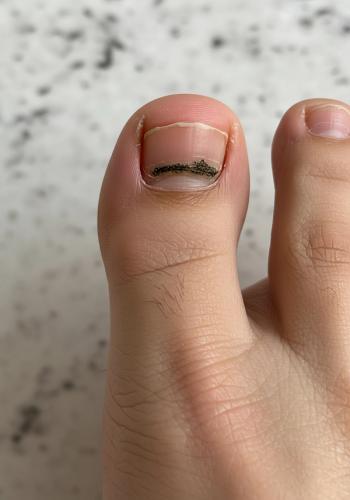
AI Shows Promise in Skin Cancer Detection, But Clinical Validation Still Needed
Few studies in this analysis assessed the accuracy of AI in detecting melanoma in diverse skin tones.
AI can detect skin cancer with 95% accuracy, but the technology won’t replace dermatologists until it’s validated in clinical settings and gets more experience with diverse skin tones, according to a systematic review.
The
“The application of artificial intelligence in dermatology has the potential to revolutionize early detection of skin cancer,” the study authors wrote. “However, it is imperative to validate and collaborate with healthcare professionals to ensure its clinical effectiveness and safety.”
Skin cancer is the most common form of the disease in the United States, with more than 9,500 people
Despite this high incidence, access to dermatological care remains limited, particularly in rural and underserved areas: fewer than 10% of dermatologists practice outside urban centers, leading to
In the Frontiers in Medicine study, several AI systems showed impressive accuracy rates in detecting melanoma and other skin cancers. One mobile application achieved 95% accuracy in melanoma detection, while researchers at a university hospital found their deep learning system outperformed dermatology trainees in classifying skin tumors — although certified dermatologists still achieved higher accuracy.
A major challenge the researchers identified was the limited size and diversity of training data. Dataset sizes varied dramatically across studies — from fewer than 100 images to more than 130,000. Larger, more diverse datasets typically produced more robust and reliable results, although datasets in general were unlikely to include images from diverse patient populations with varying skin tones.
When datasets were geographically identified, they often came from a limited set of Western countries, primarily the United Kingdom, Netherlands, Australia and New Zealand. Only a few studies, including work from researchers in India, specifically addressed the challenge of developing AI systems that work effectively for all skin types.
To ensure future AI systems can overcome current limitations, the study authors recommended increased collaboration among dermatologists, data scientists and healthcare practitioners. This includes standardizing imaging processing techniques, creating more representative databases with diverse skin types and validating AI tools in real-world clinical settings while addressing ethical and privacy concerns.
Newsletter
Get the latest industry news, event updates, and more from Managed healthcare Executive.























